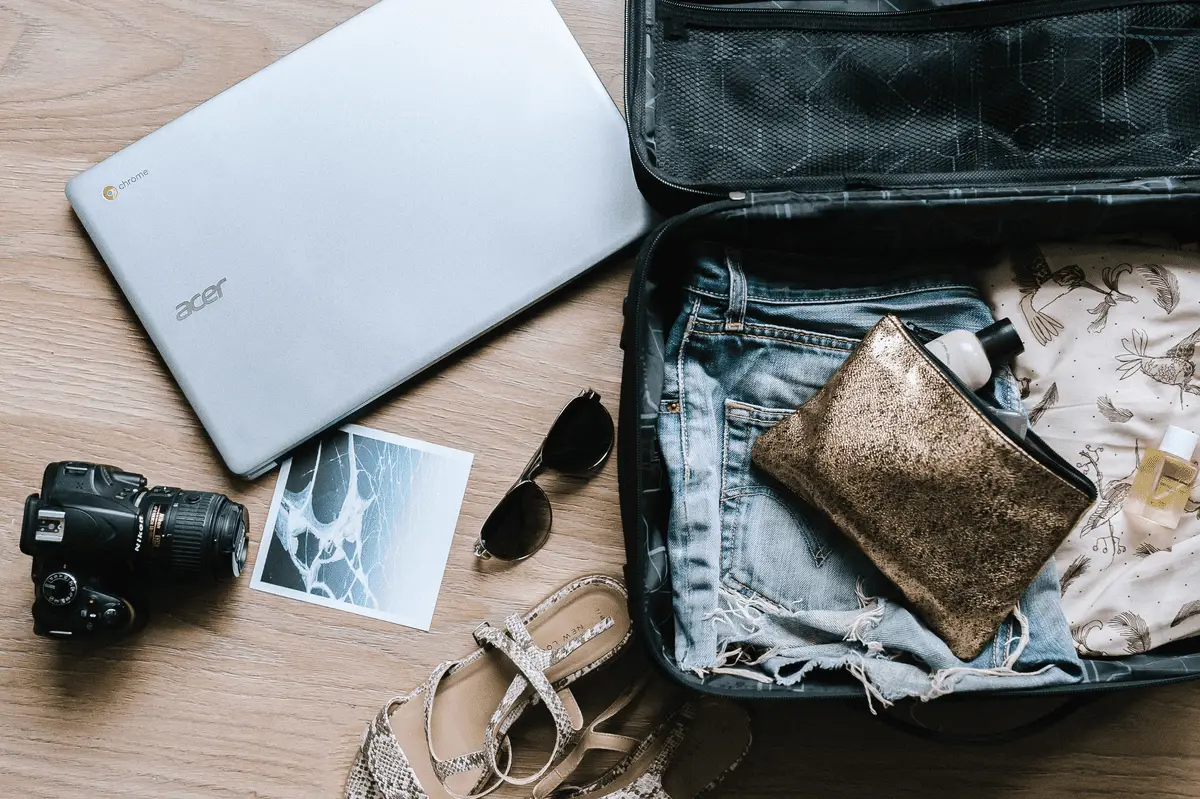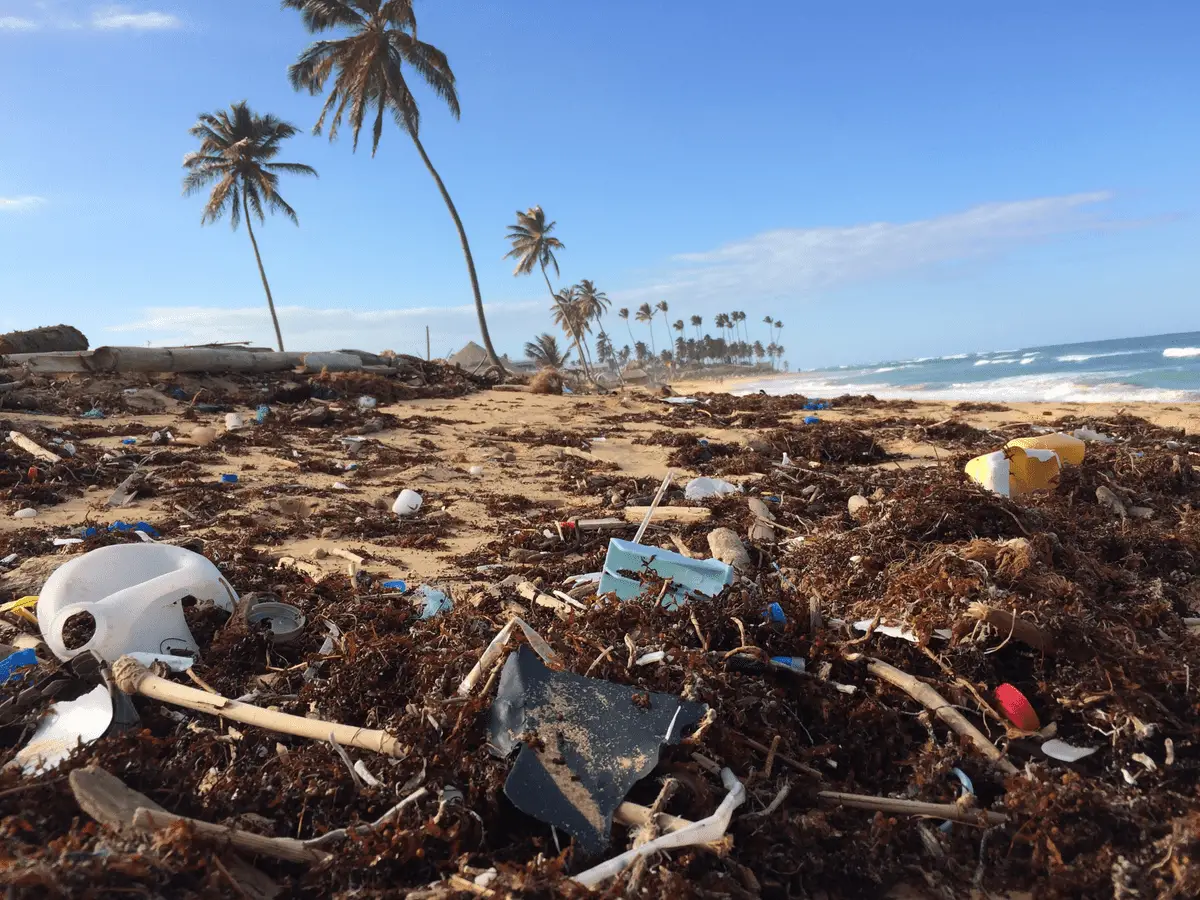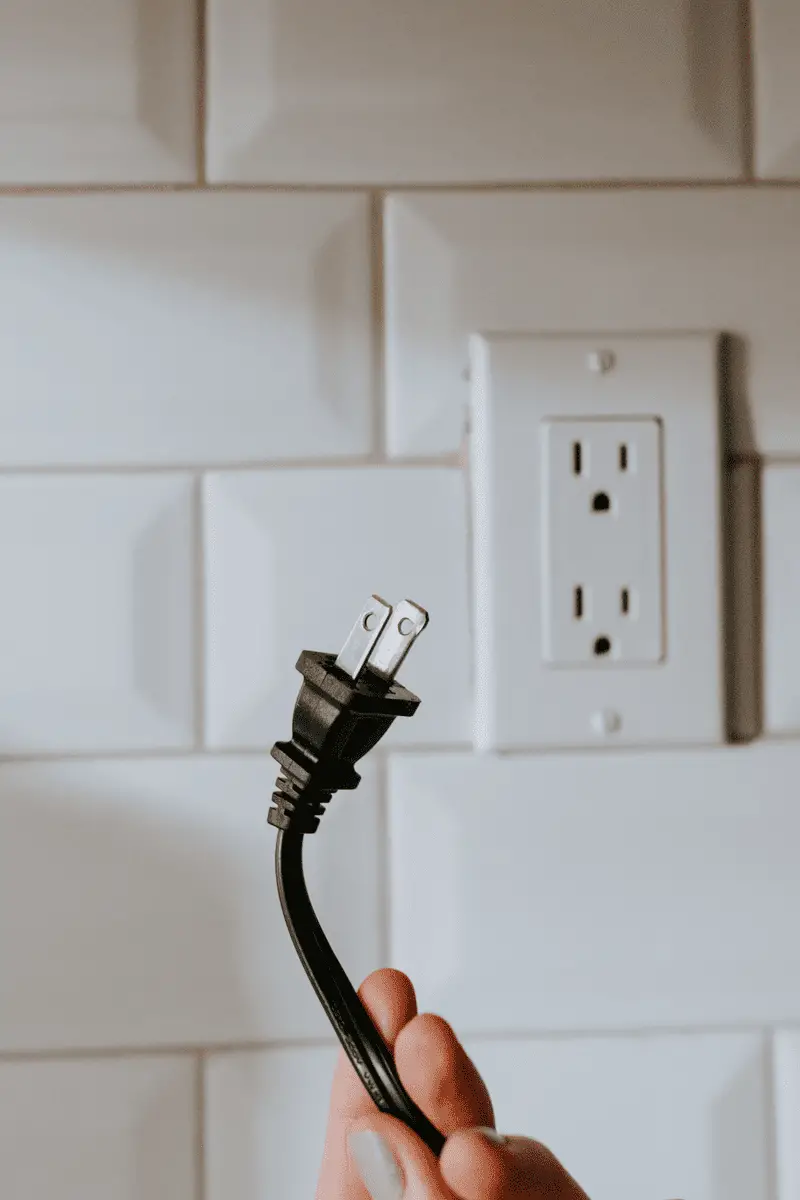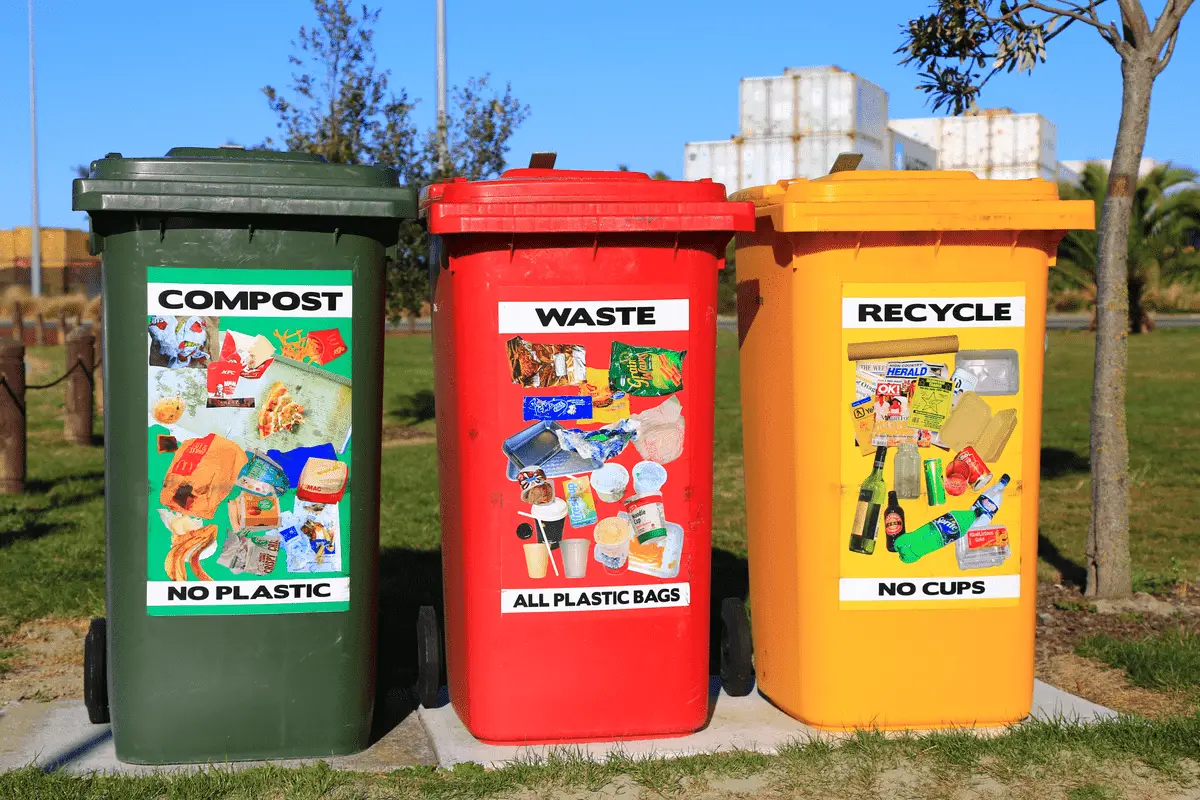Traveling is fun. It allows one to explore the world, interact with people of different cultures and beliefs, and even experience new food. Travelling is also an excellent way to take a break and reset, especially after a long period of working.
However, if you are an eco-conscious person, you know that traveling causes a huge negative impact on the environment. Modern travel comes with so many disposables and not to mention how transportation (especially by air) releases carbon dioxide, one of the greenhouse gases that result in climate change.
So, is it really possible to travel sustainably? Don’t worry; it is still very possible to make your next trip fun and eco-friendly. Let’s talk about zero-waste travel.
What is zero waste travel?

Zero waste travel is the practice of reducing your environmental impact as much as possible, specifically on the amount of waste you generate when traveling. Zero-waste travel encourages less consumption, thereby minimizing the amount of waste sent to landfills. It also involves all measures to reduce your carbon footprint as much as possible, such as replacing single-use plastics with reusable containers.
Why is zero-waste travel important?

When traveling, it is easy to get caught up with the convenience of single-use plastics, travel-sized toiletries, etc. These items create a lot of unnecessary waste that only ends up in landfills.
It is a no-brainer that tourism has a tremendous negative environmental impact. Besides air pollution, tourism significantly contributes to solid waste and littering. You’ll notice tons of trash in areas with high tourism concentration, especially along the beaches, rivers, scenic spots, and even by the roadside.
Most of this garbage is plastic waste that often ends up in our oceans, choking sea animals and even leaching into our food as microplastics.
Litter also degrades the natural environment, and what was now a tourist attraction ceases to be. Sadly, it is the travelers who end up trashing the beautiful scenery that attracts them.
Living a zero-waste lifestyle (and zero-waste travel for this case) may sound like a mission impossible. While it is practically impossible to completely eliminate waste from your life, reducing waste is possible, and it all starts with the right mindset.
12 Simple tips for zero waste travel
Travelling can be wasteful. It often involves a lot of disposable items, and moving from one place to another increases your carbon footprint. Here are simple yet practical zero-waste travel tips that may come in handy on your next trip.
1. Do your research and plan early

What city or country do you want to travel to? Are there recycling regulations? Are there local markets or zero-waste grocery stores to buy food? Is potable water available?
A good place to start on your zero-waste travel is to look for destinations committed to environmental protection. For example, countries like Kenya have banned the use of plastic bags, while cities like San Francisco have the best recycling programs.
The same applies to hotels and restaurants. Book your accommodation in eco-hotels that support recycling, abolish single-use containers or even support local organic farms. Staying in Airbnbs or hostels reduces waste and helps you save money. The self-catering option is also an excellent way to reduce food wastage.
As you plan for your trip, have a zero-waste mindset.
2. Reduce your carbon footprint with eco-friendly transportation.

Air travel is heavy on carbon emissions. Limit flights and find eco-friendly means of transportation to reduce your carbon footprint significantly.
When using flights, go for airlines committed to environmental protection, such as those that offset their emissions.
If you are traveling locally, skip the short flights and take the train or bus. You can also drive to your destination, especially in a group. Google will even recommend eco-friendly routes for you.
If you have/or can rent an electric vehicle that is even better. It is much more eco-friendly.
In your destination, choose to walk, ride bicycles or take public transportation when moving from point A to B.

When flying is your only means of transport, cut your carbon ‘flight’ print with the following tips.
Skip the layover and take direct flights. Planes consume more fuel during takeoffs and landings than when in the air. This means fewer flights will significantly lower carbon emissions released into the atmosphere.
Also, book the economy class instead of the business or first class. The space you take up on an aircraft determines your carbon emissions which means that taking the first class can increase your footprint to 9 times higher.
3. Reduce waste in transit and at your destination
Reduce your in-flight waste by packing your own headphones, eye mask, and even snacks.
At the hotel, request that your food or drink isn’t served with single-use plastic items.
If self-catering, find local farmers’ markets and bulk stores for your shopping. You can even go the extra mile to find places to drop your waste for recycling and composting. ShareWaste app helps you locate food scraps drop-off locations.
Consider your water usage. If you are on short stays, ask the hotel not to clean your sheets and towels daily. Also, consider washing your clothes with an eco-friendly detergent instead of having them commercially laundered.
4. Carry reusable items

Eating out and the use of single-use toiletries are one of the most common ways through which we generate trash while traveling.
Reduce plastic waste by avoiding single-use plastic bottles, plastic cutlery, and food containers.
A zero-waste travel kit helps you carry reusable items for your trip and save waste. Must have items in your zero waste kit include:
Plastic-free reusable water bottle – ensure the water bottle is empty and refill it once you pass through the security.
Reusable coffee cup or coffee thermos
Reusable food containers (collapsible food containers are so convenient)
Reusable cutlery and straw– refuse plastic cutlery when eating in, and remember, a knife may not pass through the airport, but having a fork and spoon is all you need.
Bring a reusable bag or a simple mesh bag for your grocery shopping or anything else you may want to buy.
Cloth napkins (hankies) or stasher bags for purchasing snacks on the go.
Pack zero waste toiletries (a menstrual cup, reusable toiletry bottles, package-free toothpaste, compostable bamboo toothbrush, low waste deodorant, shampoo bar and conditioner, bar soap and soap case, safety razor, reusable makeup removers, etc.)
5. Stock up on zero-waste snacks

Bringing your own snacks is an excellent way of avoiding single-use plastic waste. You can pack your delights in a mason jar or a reusable container, from granola bits to mixed nuts or fruits.
Just ensure you avoid aromatic food like tuna that may irritate other passengers on the flight.
Also, grab a real meal in a restaurant before boarding the plane to avoid in-flight food and snacks.
Domestic flights will allow you to turn down snacks. For international flights, email them earlier and let them know you will be carrying your food so they do not cater to you; otherwise, they always throw away uneaten food.
6. Avoid travel-sized toiletries

I know those tiny bottles and packets of travel toiletries are so convenient for travel. But let us for a moment consider how terrible they are for the environment. They are designed for single use, and you end up creating so much waste.
Unless they come in compostable packaging, avoid travel-sized products. Instead of those mini bottles of liquid shampoos, conditioners, and body wash, carry a bar soap, conditioner, and shampoo bar in a reusable tin travel case.
If you can’t find or don’t like using bars, invest in reusable travel-size toiletry bottles for your liquid shampoo, conditioners, and other body products.
7. Offset your emissions

Since it is impossible to swim across the Atlantic just to avoid air travel, purchasing carbon offsets to offset the carbon emissions generated by your flight is a great way to reduce your carbon footprint.
Some airlines have carbon offset programs that allow you to pay an extra fee for a carbon offset, which is included in your airline ticket. The money is invested in planting trees, renewable energy projects, etc.
However, don’t just buy carbon offsets blindly. Do some research to ensure the money actually goes to the right projects.
8. Go paperless

Travelling comes with a lot of paper waste. Save on paper waste by digitizing everything from boarding passes to receipts, maps, and guidebooks. Instead of printing, download and save them on your phone. After all, we barely reuse them.
Get travel apps on your phone instead of carrying maps and guidebooks. Google maps is also a perfect alternative. You can also download your airline or TSA app or have them email or text you your boarding pass and itineraries.
Instead of buying magazines and books at the airport or train station, consider downloading e-books, listening to podcasts, audiobooks, or other zero-waste entertainment.
9. Pack lightly

Pack only what you need. In most cases, you will not even use some of the things you have packed. Remember, your luggage’s weight affects the cargo’s overall weight. More weight leads to more emissions as the plane consumes more fuel.
At least try to put everything into one carry-on suitcase. Make a capsule wardrobe for essentials only. Pack clothes that can be layered, mixed and matched, worn repeatedly, and can be easily laundered.
Also, less stuff means you won’t have to check in your bag, so you can avoid the bag tags that create more waste.
10. Put your home to ‘sleep’ mode

If no one is left in your home during your trip, ensure you switch off and unplug all devices to save energy.
Check your fridge and pantry for any perishable items. Eat some, freeze or simply give it to your neighbors or roommates to avoid waste.
11. Skip the souvenirs

Instead of buying plastic-wrapped souvenirs (which will most likely end up accumulating dust on your shelf), bring home memories. Take photographs and videos of your favorite places or experiences.
If you have to bring home something, consider spices or, better still, get locally-made zero-waste handicrafts for your shelf.
12. Recycle

Despite all your efforts to stay zero waste, there are instances when you will still find yourself with something that you cannot reuse.
There are places where you may not find potable tap water, and your only option is to buy water in a plastic water bottle, or in other instances, you are left with a wrapper.
If anything is recyclable, find a suitable place to recycle it, even if it means holding onto it for a few more days before you can find a recycling bin. The goal is to divert as much waste as possible from landfills.
Final Thoughts
My slogan for zero-waste travel is usually simple: Spend money on experiences rather than things because experiences will make you happy, and you don’t get to generate any waste. You can make this your slogan too.
I hope these tips inspire you as you embark on a zero-waste life and zero-waste travel. What other zero-waste travel tips have you used or are you planning to use on your next destination? Let’s engage in the comments!
